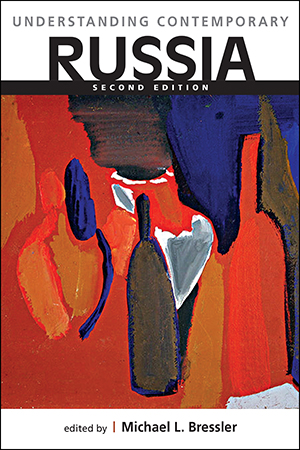
- 2018/447 pages
- Understanding: Introductions to the States and Regions of the Contemporary World
Understanding Contemporary Russia, 2nd edition
Paperback: $35.00
ISBN: 978-1-62637-711-0
Ebook: $35.00
ISBN: 978-1-62637-752-3
Russia today is in many ways different from the country portrayed a decade ago in the first edition of Understanding Contemporary Russia. With an upsurge of both national pride—despite a struggling economy—and civil society activism, with a palpable tension between the support for democratic values and the intense desire for political stability, with an increased role in world politics that puts Putin in the headlines almost daily, contradictions and complexities abound.
These contradictions, complexities, and much more are captured in this new edition. The authors provide sophisticated yet accessible introductions to the country's history, domestic politics, economy, foreign policy, society, and culture. The result is a well-grounded exploration of the realities of contemporary Russia.
These contradictions, complexities, and much more are captured in this new edition. The authors provide sophisticated yet accessible introductions to the country's history, domestic politics, economy, foreign policy, society, and culture. The result is a well-grounded exploration of the realities of contemporary Russia.







